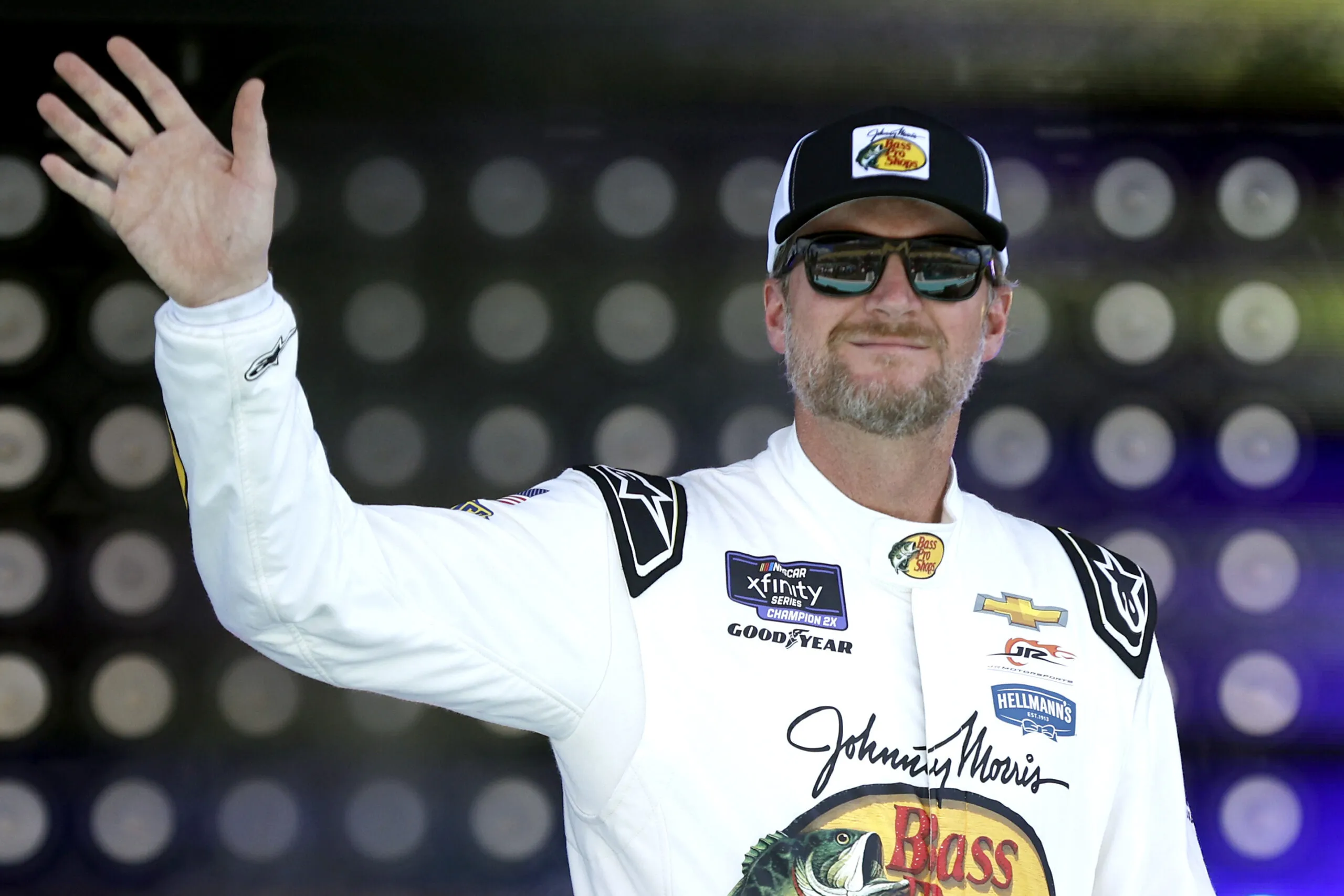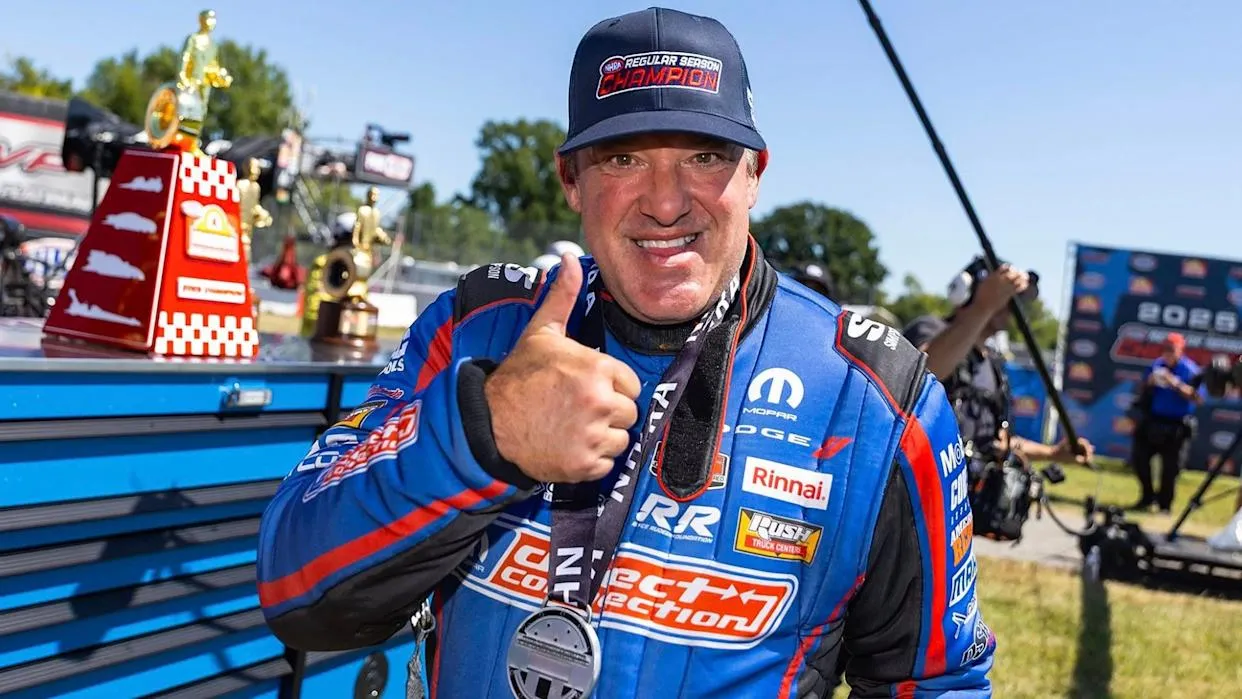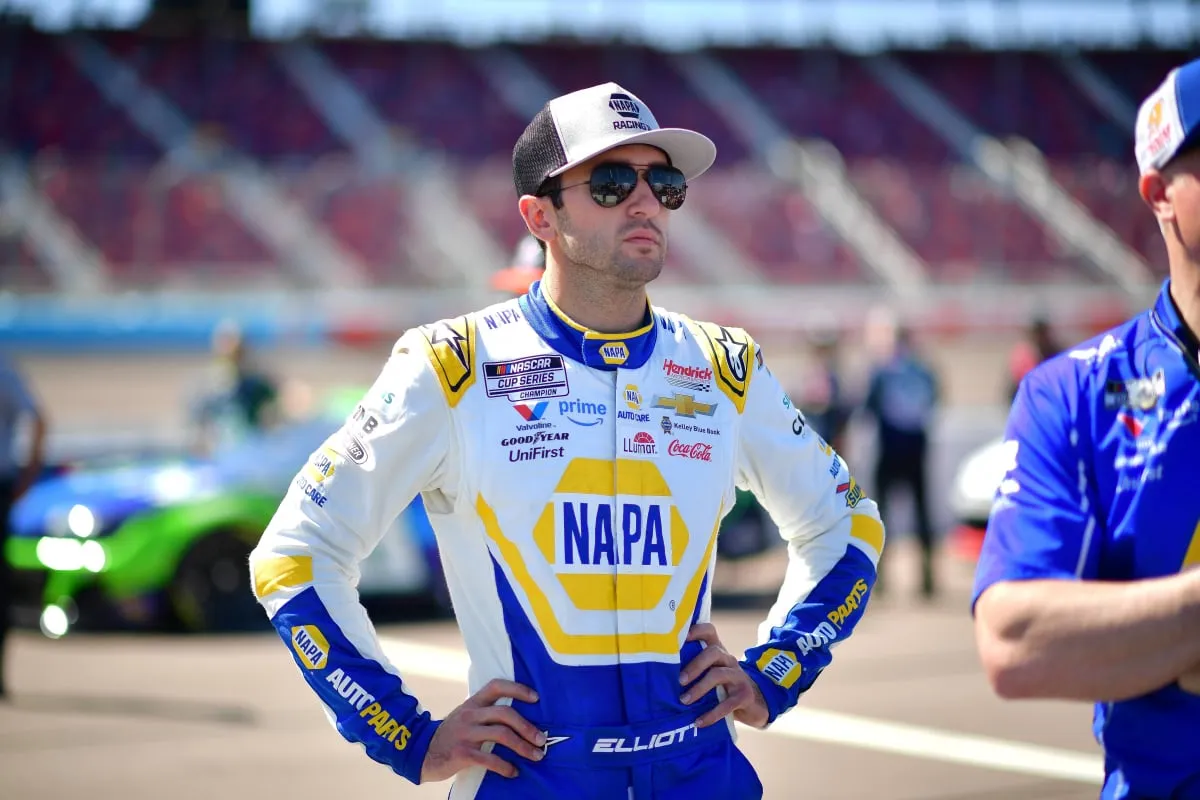
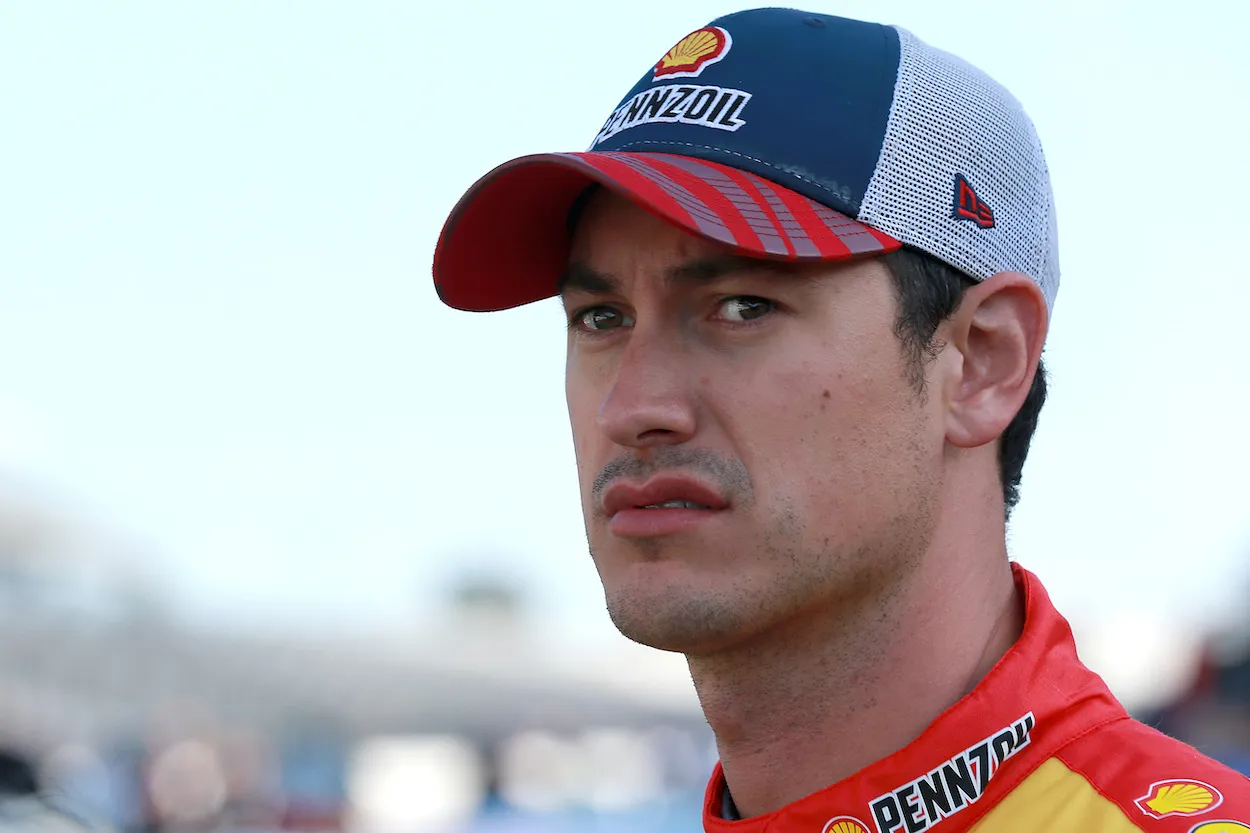
Dale Earnhardt Jr. criticizes NASCAR’s penalty on Joey Logano
The world of NASCAR thrives on high-speed action, strategic decisions, and, at times, controversial officiating. Every season, drivers, teams, and fans alike find themselves questioning certain calls made by race officials. One such call came during a recent race at Phoenix Raceway, where Joey Logano was penalized for a restart violation—a decision that has since sparked heated debates.
Among the many voices weighing in on the issue is Dale Earnhardt Jr., a Hall of Fame inductee and one of NASCAR’s most respected analysts. Earnhardt Jr. didn’t hold back when discussing the penalty, labeling it “nitpicky” and suggesting that NASCAR should have handled the situation differently.
But what exactly happened? And does Earnhardt Jr. have a valid point? In this deep dive, we’ll break down the incident, analyze the rule in question, and explore the implications for NASCAR moving forward.
What Happened? The Joey Logano Restart Violation
During the race at Phoenix Raceway, Joey Logano was leading the field when a restart infraction resulted in a significant setback. According to NASCAR officials, Logano dipped below the yellow line before completely crossing the start/finish line, which is considered a violation of restart protocols.
As a result, NASCAR issued a pass-through penalty, forcing Logano to give up his lead and navigate through pit road—effectively ending his chances of contending for the win.
This call took many by surprise, including fans, commentators, and analysts in the NASCAR on FOX broadcast booth, who expressed their shock in real-time.
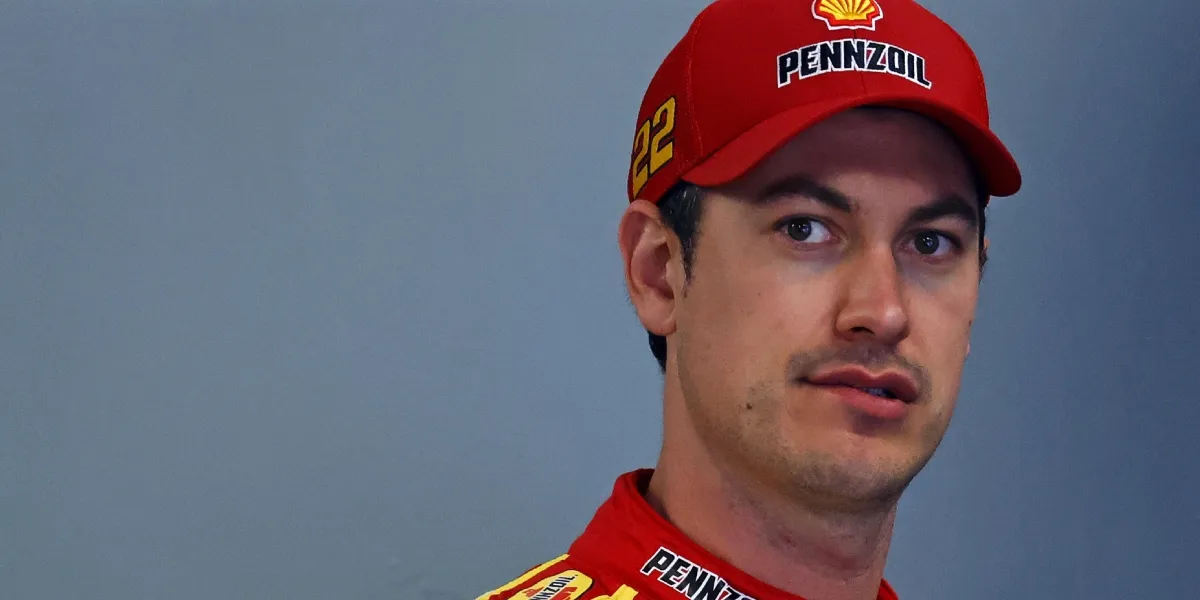
Dale Earnhardt Jr.’s Take: Was It Too Harsh?
Dale Earnhardt Jr., a two-time Daytona 500 winner and longtime voice in the NASCAR community, shared his thoughts on the penalty during his podcast, the “Dale Jr. Download.”
He acknowledged that Logano technically broke the rule but questioned whether the penalty was necessary, especially given the circumstances.
“This was an interesting one for me. Sometimes NASCAR doesn’t call it. Sometimes they do. I do not remember the last time that they’ve called it on the leader, particularly at Phoenix. So that was pretty interesting.”
Earnhardt Jr. went on to say that Logano’s move didn’t appear to give him any competitive advantage, nor was it an attempt to block another driver. Instead, he believed it was a minor misjudgment that shouldn’t have warranted such a severe penalty.
“Did Joey break that rule? Yeah. … I didn’t think that Joey was trying to gain an advantage there. I don’t think he was doing anything to block the car behind him. I just think that he misjudged it.”
According to Earnhardt Jr., NASCAR has been inconsistent in calling these types of infractions. He suggested that instead of handing out an immediate penalty, a warning should have been issued first.
“I feel like that would have been a time to maybe give a warning to everyone. That would have been a moment to say, ‘Look, man, we’re not going to torpedo Joey’s day over about 12 inches of asphalt. He didn’t gain anything from it. He wasn’t blocking the car behind him.’”
Inconsistency in NASCAR Officiating: A Larger Problem?
This incident raises a broader question: How consistent is NASCAR officiating when it comes to penalties?
Over the years, drivers and teams have repeatedly expressed frustration over inconsistent rule enforcement. Some infractions are penalized harshly, while others go unnoticed, leading to confusion and controversy.
For example, Earnhardt Jr. pointed out that similar violations have gone unpunished in previous races at Phoenix Raceway. If NASCAR isn’t consistent in calling these infractions, how can drivers be expected to adjust their strategies accordingly?
Past Controversial Calls in NASCAR
Logano’s penalty isn’t the first time NASCAR officials have made a highly debated call. Here are a few other controversial moments in recent NASCAR history:
-
Chase Elliott vs. Denny Hamlin (2020)
- Elliott was penalized for aggressive driving during a late-race battle with Hamlin. Fans argued that similar incidents in the past had gone unpunished.
-
Kevin Harvick’s Rear Window Penalty (2018)
- After winning a race, Harvick’s car was found to have a bending rear window, leading to a massive points penalty. The issue? Many believed other teams had been running similar setups without consequence.
-
Brad Keselowski’s Pit Road Penalty (2017)
- NASCAR officials penalized Keselowski for a minor pit road infraction, even though it had little impact on the race’s outcome.
These incidents highlight a recurring problem: officiating inconsistencies create frustration for drivers, teams, and fans.
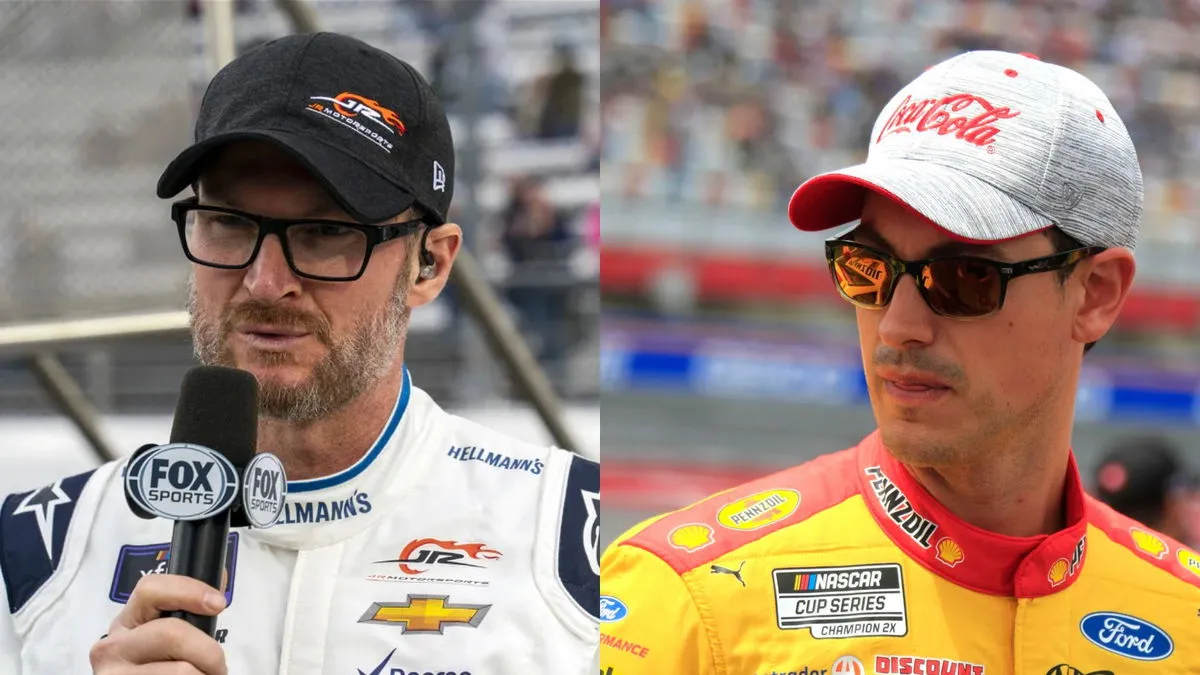
What This Means for Joey Logano’s Season
Joey Logano was a strong contender heading into Phoenix, but the penalty completely derailed his race. Despite fighting back, he finished in 13th place—a disappointing result given his early dominance.
While one race doesn’t define a season, NASCAR is a sport where every point matters. Losing a potential win or top-five finish due to an arguably unnecessary penalty could impact Logano’s playoff positioning down the line.
Should NASCAR Change Its Approach?
The debate over officiating consistency isn’t new, but Logano’s penalty has reignited discussions about how NASCAR should enforce its rules moving forward.
Potential Solutions:
-
Stricter Rulebook Clarity
- NASCAR should clearly define what constitutes a restart violation and stick to it. If similar incidents have gone unpunished in the past, the rulebook needs an update to ensure fairness.
-
Warnings Before Penalties
- Instead of immediately issuing severe penalties, NASCAR could adopt a warning system, especially for minor infractions that don’t impact the race’s outcome.
-
Consistent Enforcement
- If NASCAR penalizes one driver for a rule violation, it needs to do the same for everyone else—no exceptions.
-
Driver and Team Input
- NASCAR could benefit from involving drivers and teams in discussions about rule enforcement, ensuring that decisions are made with racing fairness in mind.
Final Thoughts: Was Dale Jr. Right?
Dale Earnhardt Jr. made a compelling case against NASCAR’s penalty on Joey Logano. He argued that the infraction was minor, the rule had been inconsistently enforced, and that a warning would have been a better approach.
While rules exist for a reason, NASCAR must also ensure that penalties are fair, consistent, and justified. If officiating continues to be inconsistent, it could lead to more controversy, frustration, and diminished trust in the system.
For Joey Logano, the Phoenix Raceway penalty was a missed opportunity, but for NASCAR as a whole, it presents a chance to reevaluate its approach to officiating—before another questionable call changes the outcome of a race.
What Do You Think?
Was NASCAR too harsh on Joey Logano, or was the penalty justified? Let us know in the comments!








